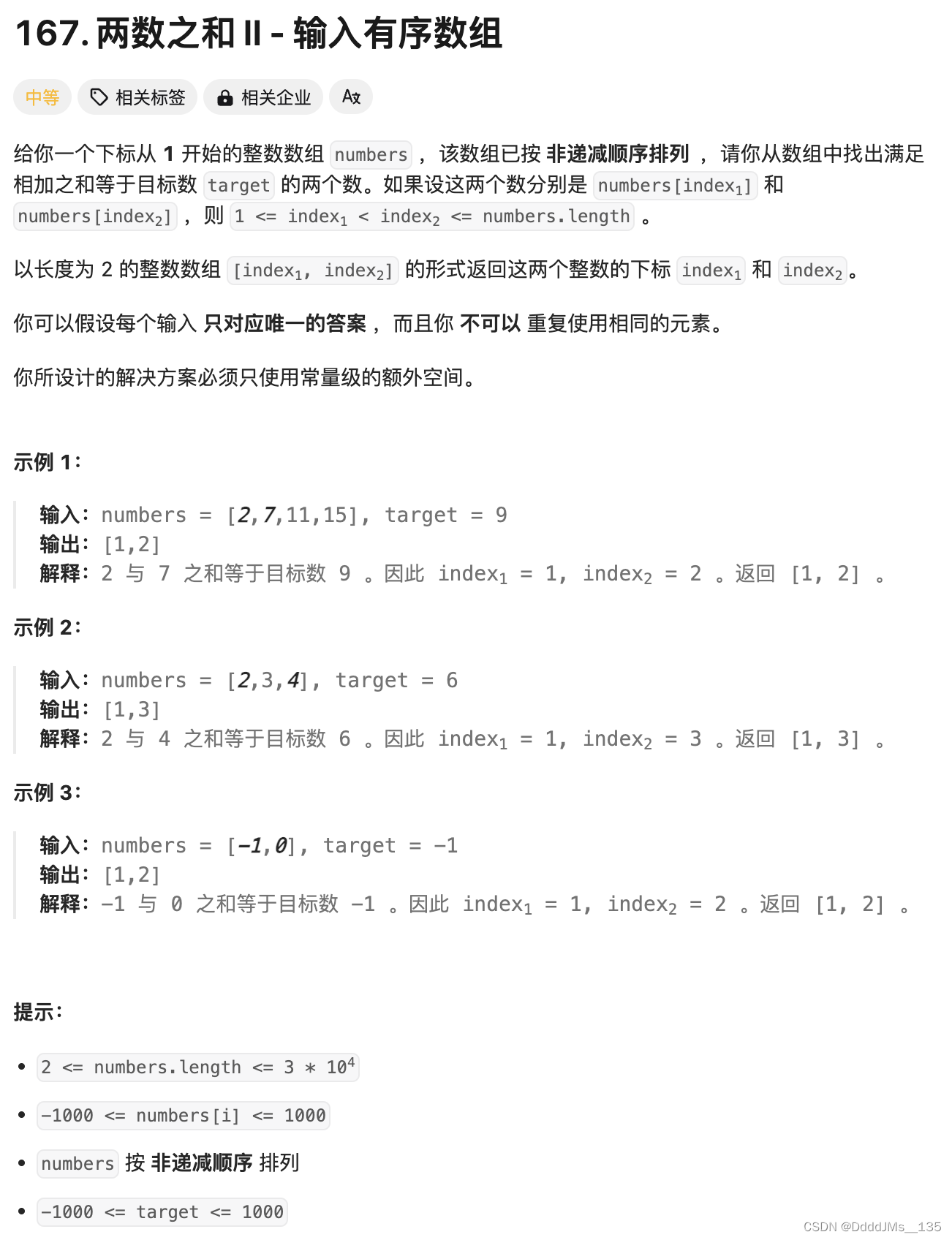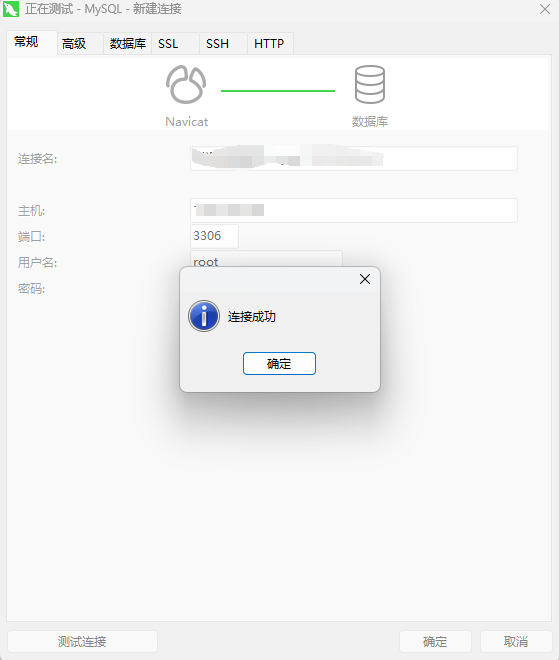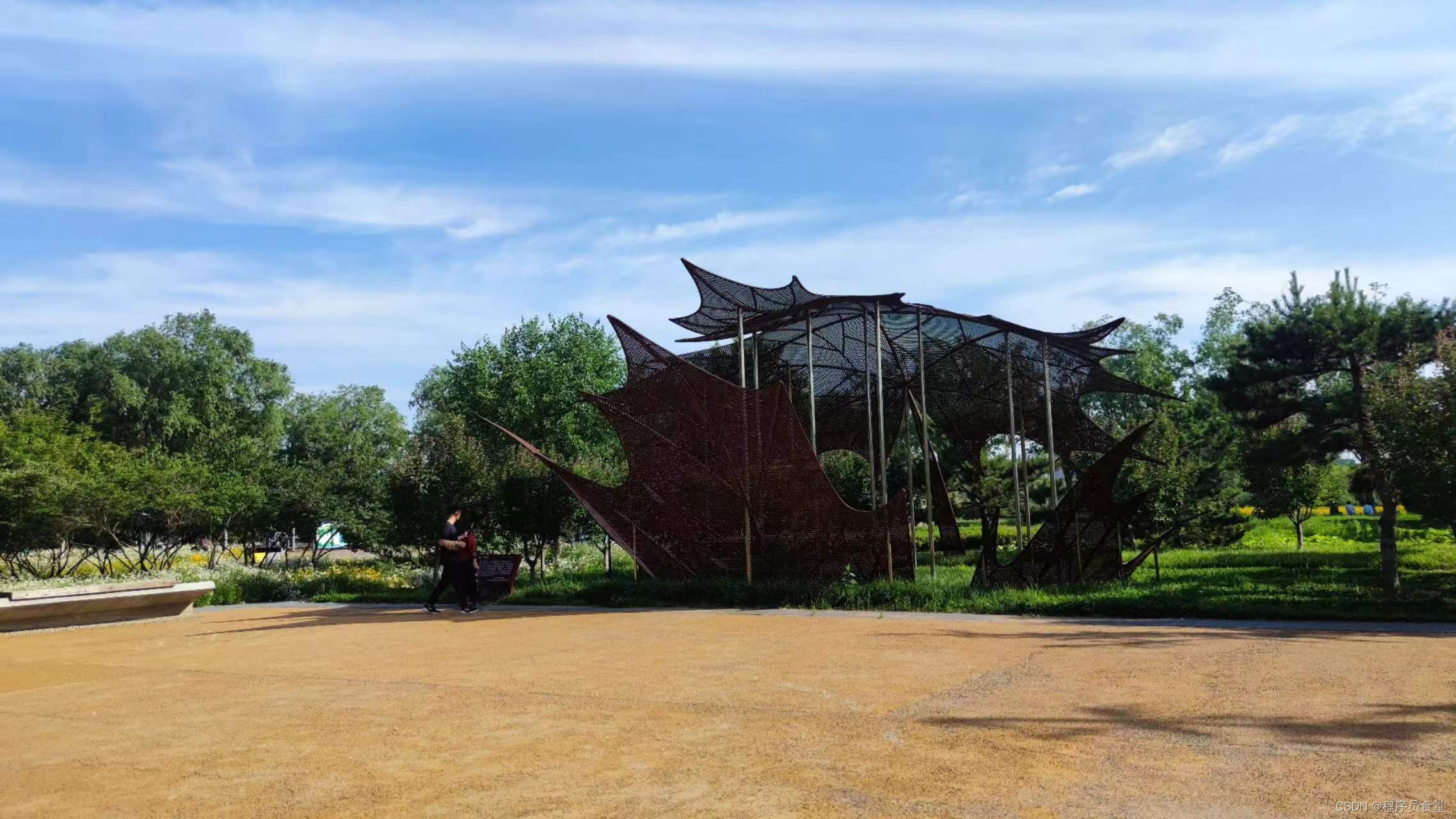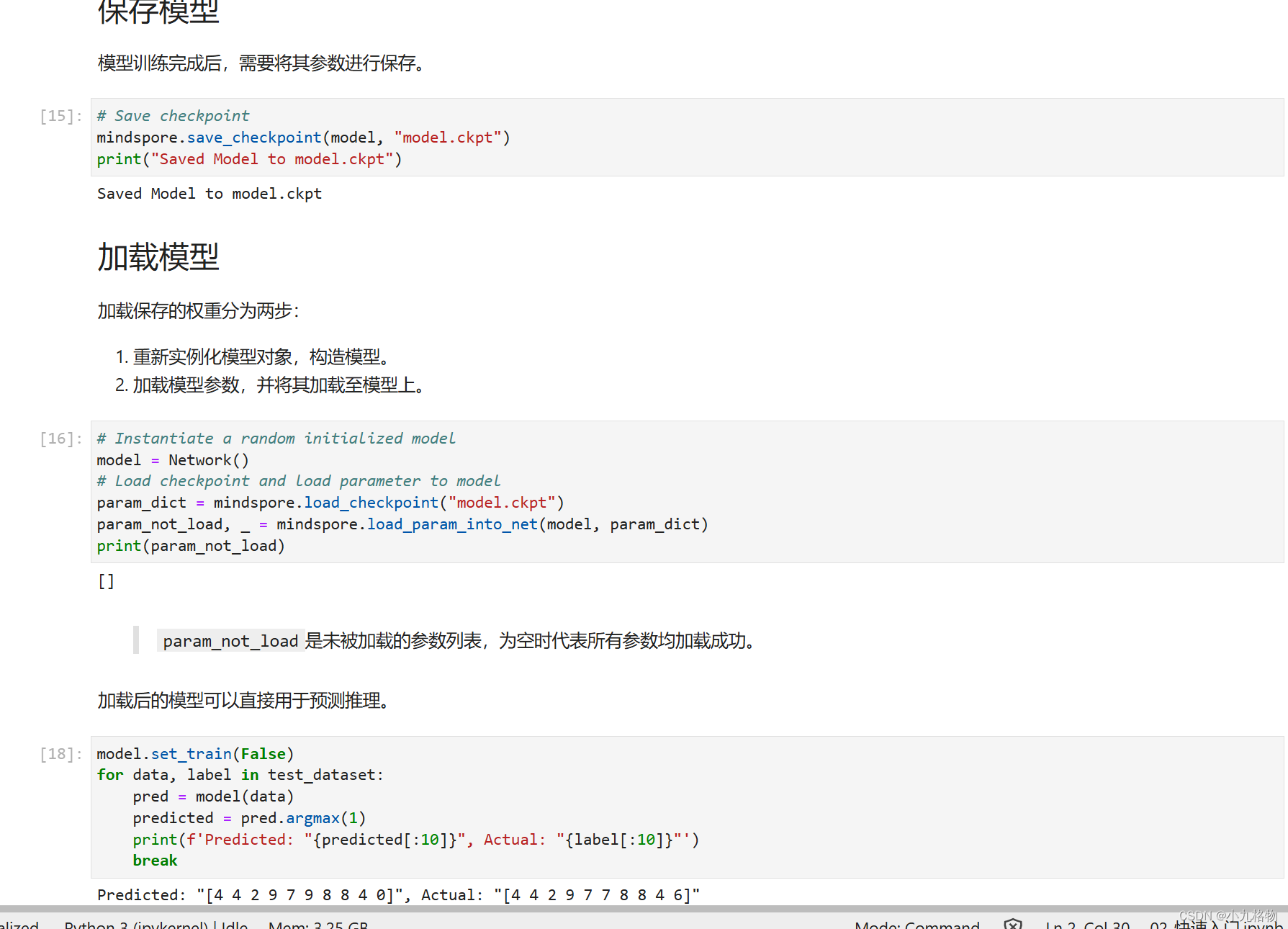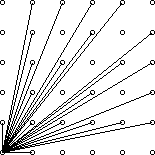文章目录
- 1.安装
- 1.1.下载coin3d
- 1.2.下载quarter
- 1.3.解压并合并
- 2.在Qt中使用
- 3.画个网格
- 4.加载wrl模型
1.安装
1.1.下载coin3d
首先,到官网下载[coin3d/coin]
我是Qt5.15.2+vs2019的,因此我选择这个coin-4.0.2-msvc17-x64.zip
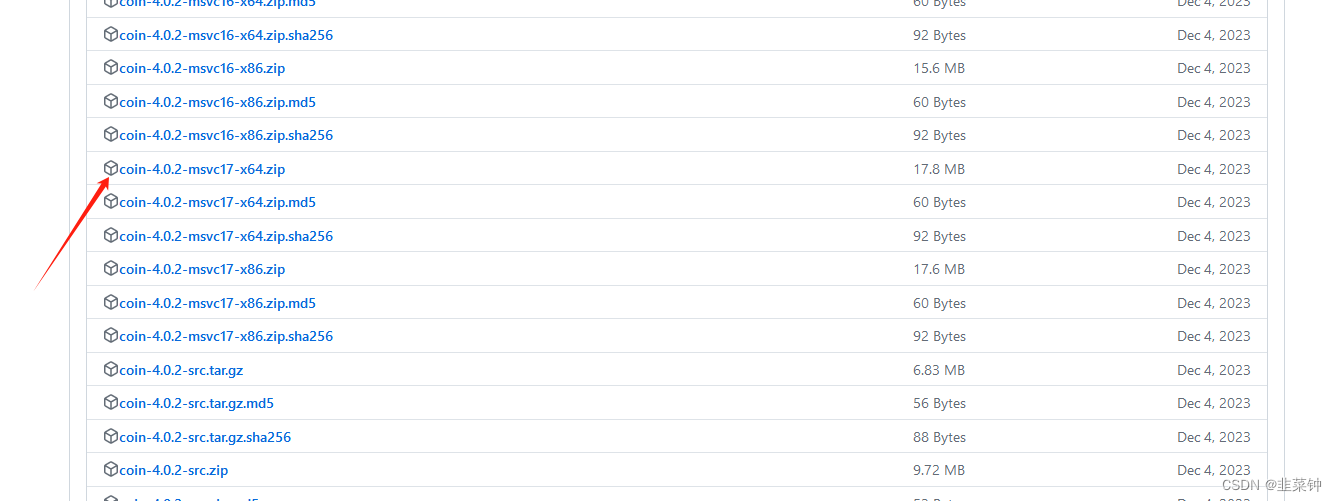
1.2.下载quarter
到官网下载Coin3D在Qt中的封装库【quarter】
我是Qt5.15.2+vs2019的,因此我选择这个quarter-1.2.1-Qt5.15-msvc17-x64.zip

1.3.解压并合并
将这两个压缩包放在在同一个文件夹中,先解压coin-4.0.2-msvc17-x64.zip,然后再解压
quarter-1.2.1-Qt5.15-msvc17-x64.zip,此时,我们利用Qt编程所需要的东西全在Coin3D这个文件夹里面了:

2.在Qt中使用
在Qt工程的pro文件中添加以下语句,路径要根据你的实际路径进行更改
QT += opengl
INCLUDEPATH += C:\Users\Administrator\Desktop\plc\Qt\Coin3D\include
LIBS += -LC:\Users\Administrator\Desktop\plc\Qt\Coin3D\lib \
-lQuarter1
LIBS += -LC:\Users\Administrator\Desktop\plc\Qt\Coin3D\bin
DEFINES += QUARTER_DLL
程序的话,可以参考以下这个【a small, completely stand-alone usage example】
3.画个网格
参考这篇文章【OpenInventor实现场景索引线集管理之SoIndexedLineSet】,弄了个绘制网格的例子:
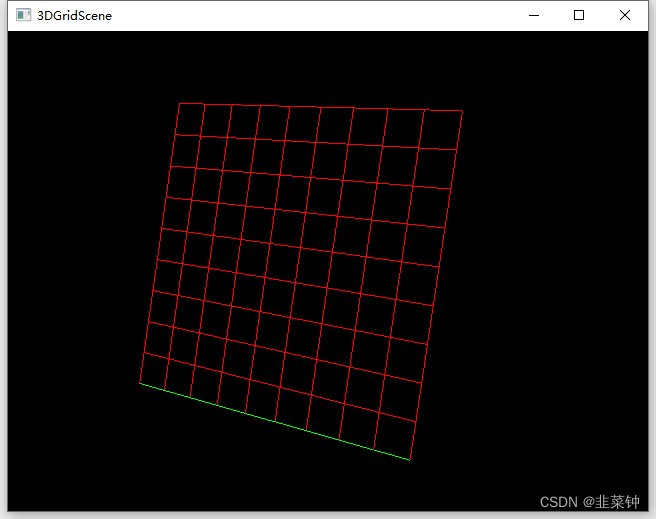
#include "mainwindow.h"
#include <QApplication>
#include <QDebug>
#include <Inventor/nodes/SoBaseColor.h>
#include <Inventor/nodes/SoCone.h>
#include <Inventor/nodes/SoSeparator.h>
#include <Inventor/VRMLnodes/SoVRMLGroup.h>
#include <Inventor/nodes/SoPointSet.h>
#include <Inventor/nodes/SoCoordinate3.h>
#include <Inventor/nodes/SoIndexedLineSet.h>
#include <Inventor/nodes/SoLineSet.h>
#include <Inventor/nodes/SoMaterial.h>
#include <Inventor/nodes/SoMaterialBinding.h>
#include <Inventor/nodes/SoTransform.h>
#include <Inventor/nodes/SoMatrixTransform.h>
#include <Quarter/Quarter.h>
#include <Quarter/QuarterWidget.h>
#include <QtMath>
using namespace SIM::Coin3D::Quarter;
int main(int argc, char *argv[])
{
QApplication a(argc, argv);
// MainWindow w;
// w.show();
// Initializes Quarter library (and implicitly also the Coin and Qt
// libraries).
Quarter::init();
// Make a dead simple scene graph by using the Coin library, only
// containing a single yellow cone under the scene graph root.
SoSeparator * root = new SoSeparator;
root->ref();
// 绘制网格
{
// 根节点
SoSeparator * lineRoot = new SoSeparator();
lineRoot->ref();
// 线段集
SoIndexedLineSet *iLineSet = new SoIndexedLineSet();
int gridRows = 10;
int gridCols = 10;
// 存放点数据的结构
SbVec3f *points = new SbVec3f[2 * (gridCols + gridCols)];
// 填充横线
for(int i = 0; i < gridRows; i++)
{
points[i * 2].setValue(0, i, 0);
points[i * 2 + 1].setValue(gridCols - 1, i, 0);
}
// 填充竖线
for(int i = 0; i < gridCols; i++)
{
points[gridRows * 2 + i * 2].setValue(i, 0, 0);
points[gridRows * 2 + i * 2 + 1].setValue(i, gridRows - 1, 0);
}
// 坐标系
SoCoordinate3 *coord = new SoCoordinate3();
// 将各个点填充至坐标系中
coord->point.setValues(0, 2 * (gridCols + gridCols), points);
// 保存线的索引
int32_t *nLineSets = new int32_t[3 * (gridCols + gridRows)];
// 每条线需要三个索引:起点、终点、结束符
for(int i = 0; i < (gridCols + gridRows); i++)
{
nLineSets[3 * i] = i * 2;
nLineSets[3 * i + 1] = i * 2 + 1;
// SO_END_LINE_INDEX的值是-1,-1代表一条索引线结束!!!
nLineSets[3 * i + 2] = SO_END_LINE_INDEX;
}
iLineSet->coordIndex.setValues(0, 3 * (gridCols + gridRows), nLineSets);
// 默认颜色为绿色,被选中的红色显示
SbColor *color = new SbColor[2];
color[0].setValue(1,0,0);
color[1].setValue(0,1,0);
SoMaterial *mat = new SoMaterial();
mat->diffuseColor.setValues(0, 2, color);
SoMaterialBinding *mb = new SoMaterialBinding;
// 索引绑定材质!!!
mb->value = SoMaterialBinding::PER_PART_INDEXED;
// mb->value = SoMaterialBinding::PER_PART;
// mb->value = SoMaterialBinding::OVERALL;
// 设置线段的颜色
for(int i = 0; i < (gridCols + gridRows); i++)
{
// 这里的索引.第一个参数指的是第条线,第二个参数指的是mat->diffuseColor中的第几种材质
iLineSet->materialIndex.set1Value(i, 0); // 第i个线段的颜色/
}
iLineSet->materialIndex.set1Value(0, 1); // 第i个线段的颜色/
// 整体变换
SbMatrix sbMatrix, tmpMat, tmpMat1;
sbMatrix.makeIdentity(); // 变成单位矩阵
// 平移、旋转、缩放需要单独进行,然后相乘
tmpMat.makeIdentity();
// tmpMat.setTranslate(SbVec3f(1, 0, 0));
tmpMat.setRotate(SbRotation(SbVec3f(1, 0, 0), qDegreesToRadians(90.0)));
tmpMat1.makeIdentity();
tmpMat1.setScale(0.1);
sbMatrix = tmpMat1 * tmpMat; // 越在右边的矩阵,逻辑上是越先被使用的
SoMatrixTransform *matrix = new SoMatrixTransform;
// matrix->matrix.setValue(sbMatrix);
lineRoot->addChild(matrix);
lineRoot->addChild(coord); // 组成线的点
lineRoot->addChild(mat); // 线的材质
lineRoot->addChild(mb); // 绑定材质
lineRoot->addChild(iLineSet); // 线
root->addChild(lineRoot);
}
// Create a QuarterWidget for displaying a Coin scene graph
QuarterWidget * viewer = new QuarterWidget;
viewer->setSceneGraph(root);
viewer->viewAll();
// make the viewer react to input events similar to the good old
// ExaminerViewer
viewer->setNavigationModeFile(QUrl("coin:///scxml/navigation/examiner.xml"));
// viewer->setNavigationModeFile(QUrl("coin:///scxml/navigation/common.xml"));
viewer->resize(640, 480);
// Pop up the QuarterWidget
viewer->show();
// return a.exec();
a.exec();
// Clean up resources.
root->unref();
delete viewer;
Quarter::clean();
return a.exec();
}
4.加载wrl模型
参考【FengJungle /QtCoin3D_Robot 】,可以加载自己的wrl模型
// 加载模型
SoVRMLGroup *model = nullptr;
{
SoInput * myInput = new SoInput;
if(myInput->openFile("lr4-r560.wrl"))
{
model = SoDB::readAllVRML(myInput);
myInput->closeFile();
delete myInput;
}
else
{
myInput->closeFile();
delete myInput;
}
}
if(model != nullptr)
{
qDebug() << "num of children:" << model->getNumChildren();
root->addChild(model);
}
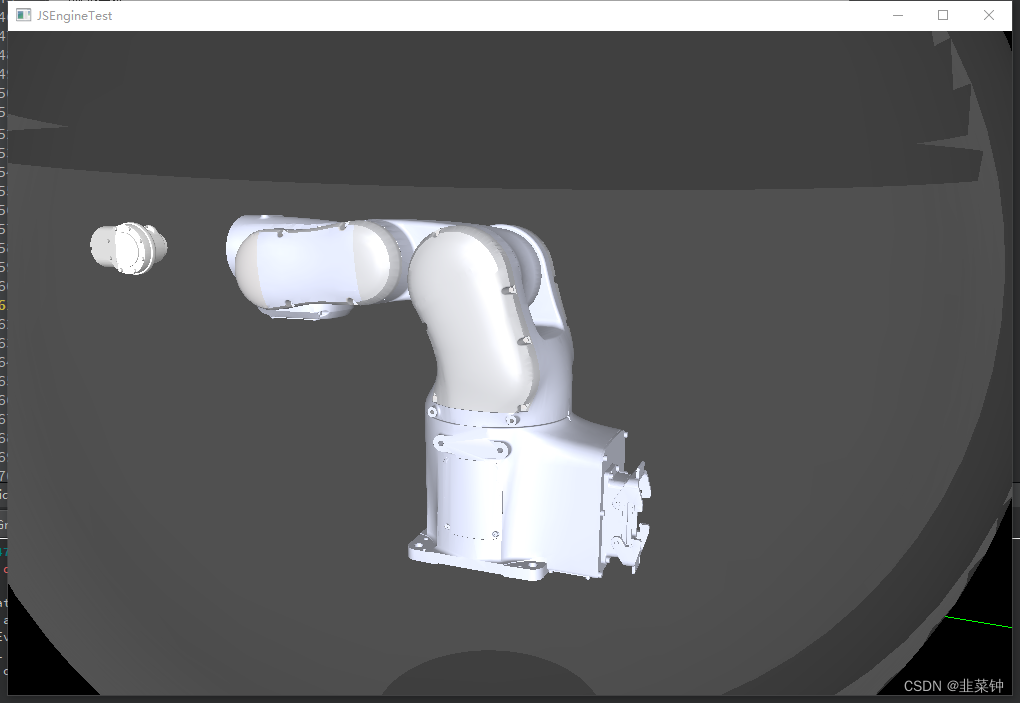 更加具体的其他操作还得研究研究。
更加具体的其他操作还得研究研究。
参考:
【coin3d】
【FengJungle /QtCoin3D_Robot 】
【OpenInventor实现场景索引线集管理之SoIndexedLineSet】


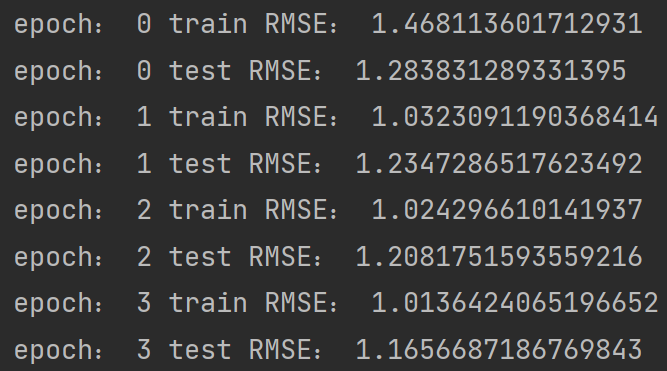


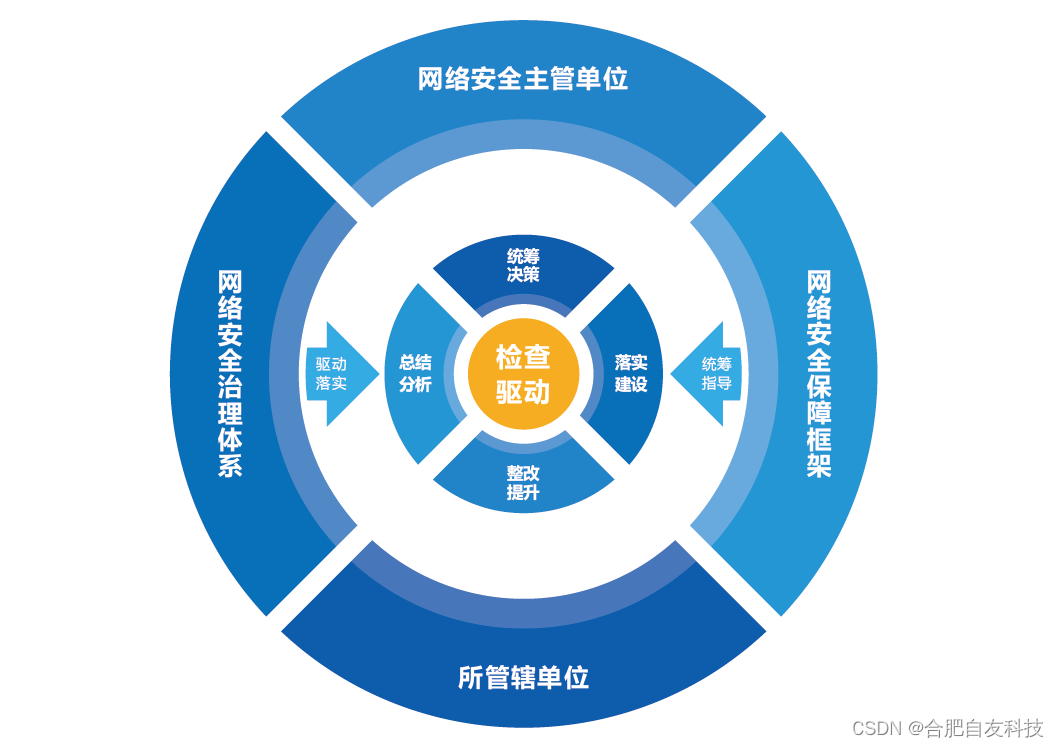




![[Linux] 系统的基本架构特点](https://img-blog.csdnimg.cn/direct/421e306c0f70413e85e2a0ca5fa269ed.png)
